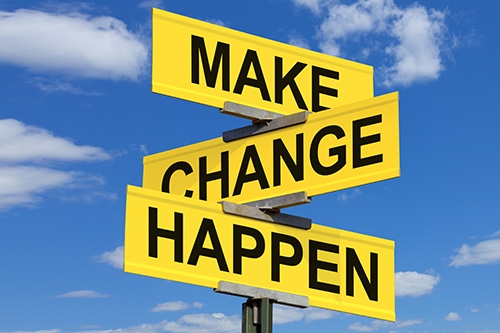2021 Curriculum
For students entering the school in fall 2021 or earlier, the areas of study are organized into three departments:
- Adult Mental Health and Wellness
- Children, Youth and Families
- Social Change and Innovation
Students select one of these departments of study and complete one semester of foundation courses centered on the values, knowledge and skills for generalist social work practice, and three semesters of courses focused on department-specific issues. Each department offers its own seven core courses, and students will choose three electives focused on their individual interests.
Courses emphasize real-world skills increasingly demanded by top employers and organizations, such as:
- Critical thinking and analysis
- Complex problem solving
- Data-informed decision-making
- Budgeting
- Cross-discipline collaboration
- Workload management
- Creativity
- Accountability
Students may further customize their study by selecting tracks, such as Military Social Work, Social Work in Business, School Social Work, Gerontology and Behavioral Health.
To find out when a course is offered and to review its syllabus, please refer to the university's Schedule of Classes.

Adult Mental Health and Wellness
Focuses on designing social change and leading innovation for individuals, groups, families, organizations and communities on a larger scale.

Children, Youth and Families
Prepares students to improve the lives and well-being of children, youth and their families within agencies, institutions, communities, families and other social and organizational contexts.

Social Change and Innovation
Focuses on designing social change and leading innovation for individuals, groups, families, organizations and communities on a larger scale.
Hands-on Internships in Your Field
As part of the MSW degree requirements, students must complete two field internships, or 1,000 hours of hands-on experience. The school also now offers a two-hour practice lab in the first semester, where students learn to apply three evidence-based interventions: Motivational Interviewing, Problem-solving Therapy and Cognitive Behavioral Therapy.